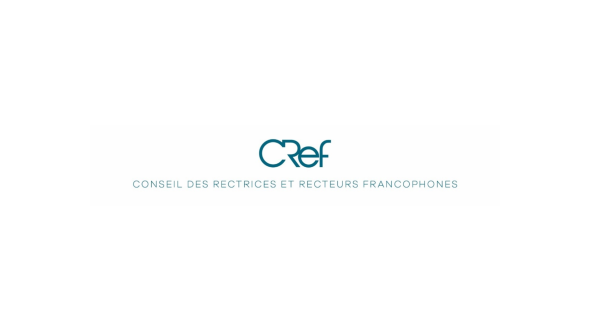A Europe that thinks: why FP10 and EU Member States must champion Humanities and Social Sciences
Joint statement by the Rectors of the 10 Belgian universities.

Joint statement by the Rectors of the 10 Belgian universities.

In an era marked by geopolitical tension, climate threat, digital transformation, and democratic fragility, Europe’s future depends on more than technological innovation and economic resilience. Navigating these complex challenges requires deep insight into governance, culture, ethics, and societal dynamics—precisely the realm of the humanities and social sciences (SSH).
Yet, across the European Union, SSH disciplines are frequently undervalued. They are increasingly marginalized and written off as less relevant in contemporary political debate. The forthcoming EU Framework Program for Research and Innovation (FP10) represents a historic opportunity to address this imbalance. If Europe is serious about its democratic, inclusive, and sustainable future, it must place SSH at the heart of its research agenda.
Germany’s Federal Ministry of Education and Research (BMBF) has offered a welcome signal of support (1). In its dedicated position paper, it makes a compelling case for a strong SSH presence in FP10. The paper proposes a thematic focus on strengthening democracy, fostering cultural diversity, and achieving social justice. It calls for sustained investment in collaborative SSH infrastructures, transnational networks, and flexible funding for topics including education, societal cohesion, historical memory, cultural heritage, and the ethics of emerging technologies like artificial intelligence.
These priorities are widely echoed. Science Europe’s “10 Key Messages for FP10” (2) emphasize the integration of SSH from call design to evaluation, while also calling for low-TRL, curiosity-led research, academic freedom protections, and assessment reform. LERU, The Guild, YERUN, EASSH, UNICA, and other major university associations have also urged dedicated SSH funding streams and inclusion across all clusters of FP10. The European Alliance for Social Sciences and Humanities, together with 14 networks, specifically called for ring-fenced funding to address democracy, climate, digitalisation, and inequality through SSH lenses (3). EARMA (4) and ESFRI (5) have similarly called for agile consortia, SSH flagging in calls, and policy-relevant research. Culture Action Europe demands a safeguarding of cultural plurality and greater recognition of SSHA contributions to innovation.
These calls are not merely about representation—they are about relevance. Europe cannot meet the challenges of our time without understanding how people think, believe, organize, remember, and participate.
FP10 must deliver on five priorities:
In several countries institutional restructuring and funding priorities increasingly align with commercial or politically safe research agendas, leaving certain SSH disciplines squeezed. These trends are not isolated; they represent a broader weakening of the intellectual independence and societal role of SSH in Europe.
FP10 must not only include SSH, but champion it. SSH are indispensable for ensuring that the rapid technological and economic transformations underway are democratic, inclusive, and culturally grounded.
To truly lead globally, the EU must realize Enrico Letta’s vision of a “fifth freedom”: the free movement of knowledge, education, innovation, and research. SSH is not a luxury—it’s a strategic necessity. Europe’s future will be shaped as much by its cultural literacy and social insight as by its technological might.
We must not repeat past mistakes by treating SSH as supplementary. They are fundamental to Europe’s capacity to think, adapt, and lead. FP10 offers a chance to build a research agenda worthy of Europe’s democratic ideals and social ambitions.
Annick Castiaux (UNamur), Jan Danckaert (VUB), Philippe Dubois (UMons), Herwig Leirs (UAntwerpen), Anne-Sophie Nyssen (ULiège), Annemie Schaus (ULB), Luc Sels (KU Leuven), Françoise Smets (UCLouvain), Rik Van de Walle (UGent), Bernard Vanheusden (UHasselt).
(2) See : https://scienceeurope.org/media/tmpmkw0l/fp10_position_paper_05072024.pdf
(3) See : https://www.unica-network.eu/wp-content/uploads/2024/12/Joint-position-paper_SSHinFP10_29112024.pdf
(4) See : https://earma.org/media/documents/earma-position-paper-10-recommendations-for-fp10.pdf
(5) See : https://www.esfri.eu/latest-esfri-news/esfri-position-paper-framework-programme-10